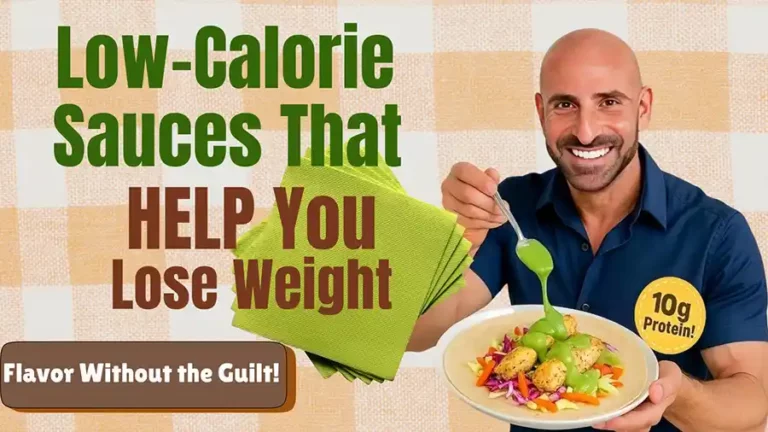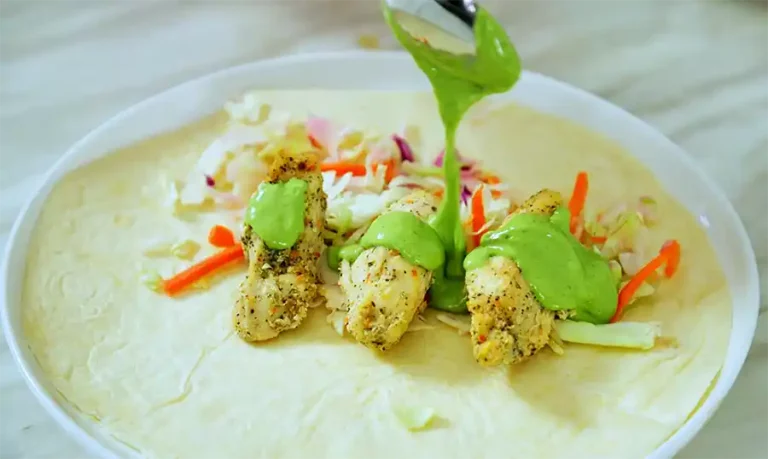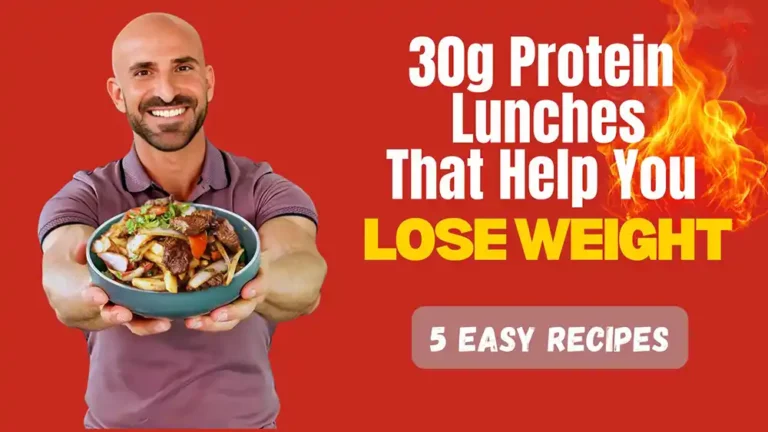
You’ve lost inches on your waist and lost weight, but you’re wondering why your belly still looks swollen. The answer may be that you are simply just bloated, rather than carrying fat. A good reminder is to know that bloat is different than belly fat and each should be treated differently. Bloating can certainly be frustrating. However, assuming you don’t have any sort of irritable bowel disorder, there are simple steps you can take to beat the bloat and get your flat belly back.
- Eat probiotics and prebiotic foods everyday
In our gut, there is a total number of 10s of billions of bacteria. Not all of this bacteria is bad. There is some good bacteria, but we want to have more of the good than the bad. The good bacteria is called probiotics. Probiotics keep your gut healthy, thereby helping you reduce bloating by improving digestion. Probiotics can be found in food as such yogurt, kefir, aged cheeses (such as parmesan), and fermented vegetables like kimchi, sauerkraut and pickles. However, you must also eat prebiotics. Prebiotics are specific fibers that probiotics like to eat in order to survive and, more importantly, multiply. Some good examples of foods that promote growth of probiotics are California Avocados, mangos, oats, onions, leeks, sweet potatoes, prunes, asparagus, garlic, among others.
- Reduce your sodium intake and up your potassium
Not all bloating results from gas and not digesting food well. It can be a result of retaining water due to too much sodium in your diet. So cutting down on processed foods, packaged foods and cooking more at home can help reduce your sodium intake. However, to help your body release more of the water retention make sure to increased your water intake and eat foods with potassium. Potassium is an electrolyte that helps the kidneys flush out the sodium that is causing water retention. So eating good sources of potassium foods are key to keep the bloating down. Some of these foods are white beans, bananas, watermelon, sweet potato, yogurt, dried apricots and avocados.
- Chew your food well and eat small frequent meals
Digestion starts in your mouth, so chewing well by eating slowly will allow the enzymes release in your mouth to start digestion. Also, eating small frequent meals it is easier for your body to handle and digest well. I recommend eating every 3-4 hours. For some people, this could be either 6 times in a day or 4-5 times per day. It all depends on your waking time and bed time.
- Eat foods that help with digestion more frequently
A couple of foods to consider including in your diet more frequently are papaya and ginger, for example. Papaya contains enzymes like papain that help break down food in your digestive system, so efficiently, in fact this enzyme is often put into digestive supplements. As far as ginger goes, not only is it used to help with nausea, but has been shown to aid digestion by promoting motility in the intestines. This means that ginger helps get things “moving” in your digestive tract which helps prevent gas and, yes, bloating.





